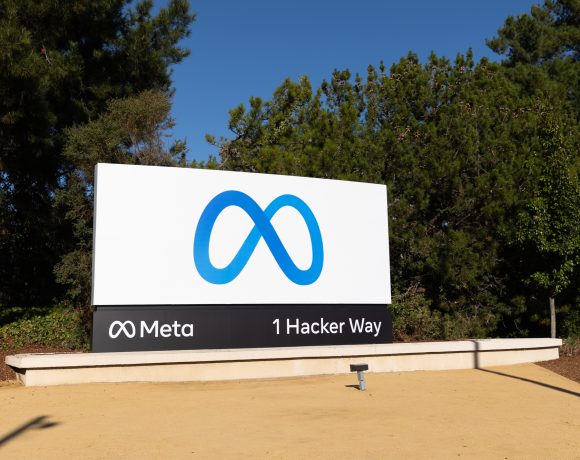
NCLAT Suspends CCI’s Data Sharing Ban Between WhatsApp and Meta
In a significant development, the National Company Law Appellate Tribunal (NCLAT) has temporarily suspended the Competition Commission of India’s (CCI) directive that prohibited WhatsApp from sharing user data with its parent company, Meta Platforms. This suspension offers substantial relief to Meta, which had expressed concerns that the ban could adversely affect its advertising operations in India.
The CCI’s original order, issued in November 2024, imposed a five-year restriction on data sharing between WhatsApp and other Meta entities for advertising purposes. Additionally, the CCI levied a fine of $24.5 million on Meta, citing antitrust violations linked to WhatsApp’s 2021 privacy policy update. The policy had faced global criticism for permitting extensive data sharing within Meta’s ecosystem.
Meta challenged the CCI’s decision, arguing that the commission lacked the technical expertise to fully comprehend the implications of its order. The company also cautioned that enforcing the ban might necessitate the rollback or suspension of certain features in India, a critical market where Meta boasts over 350 million Facebook users and more than 500 million WhatsApp users.
On January 23, 2025, the NCLAT acknowledged the potential harm to WhatsApp’s business model and decided to stay the CCI’s directive while the appeal is under review. A Meta spokesperson welcomed the tribunal’s decision, stating that the company would “evaluate next steps.” The CCI has yet to comment on the ruling but retains the option to challenge the suspension in the Supreme Court.
This case underscores the ongoing global scrutiny of data privacy practices among major technology firms. In 2021, WhatsApp faced allegations in the European Union for failing to clearly communicate changes to its privacy policy, leading to commitments to enhance transparency for users. The outcome of Meta’s appeal in India is poised to have significant ramifications for its operations and could influence the broader regulatory landscape concerning data sharing and user privacy.


















